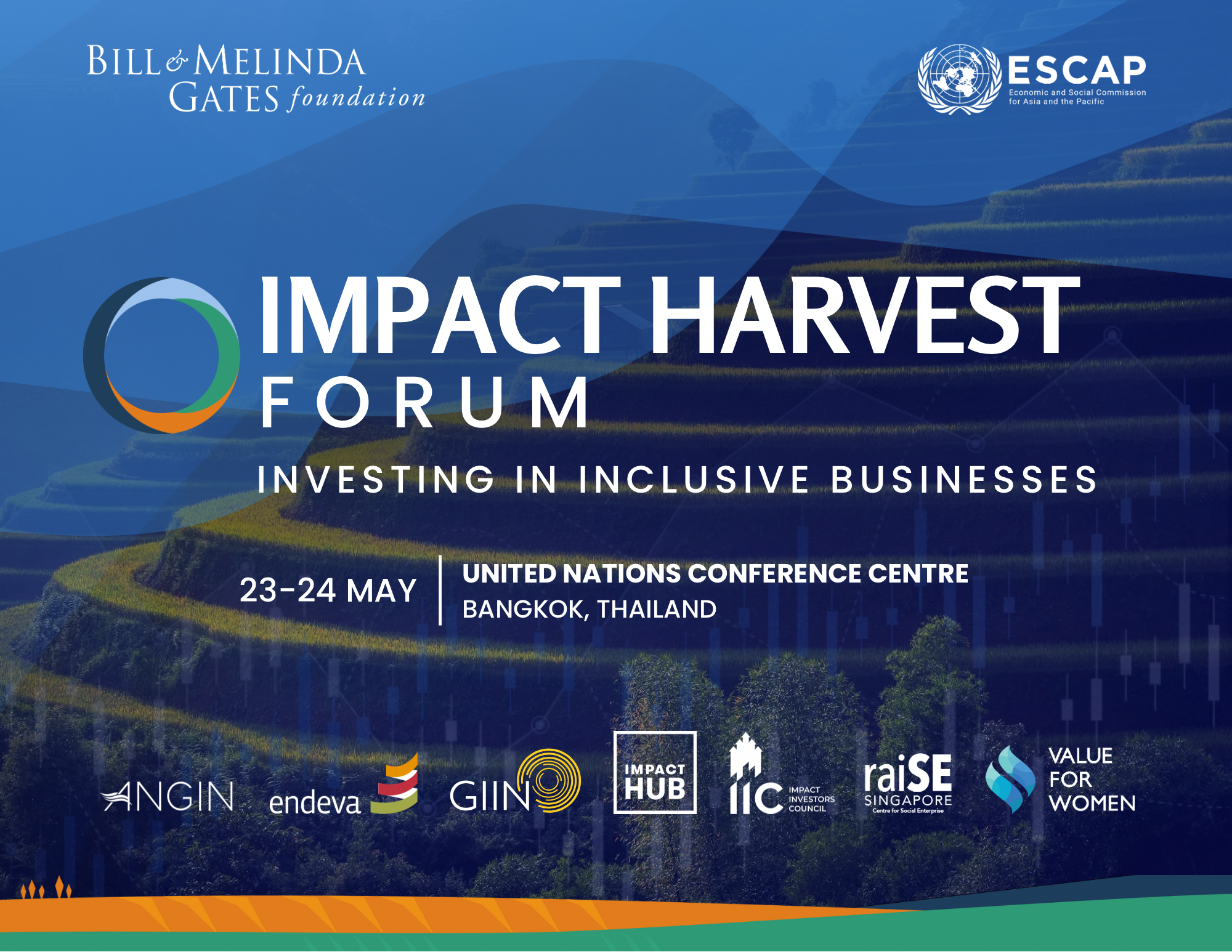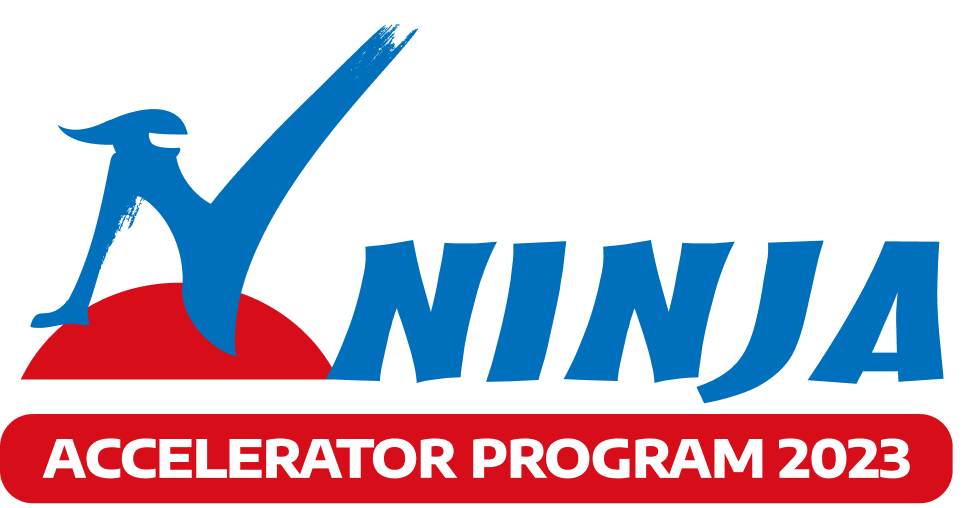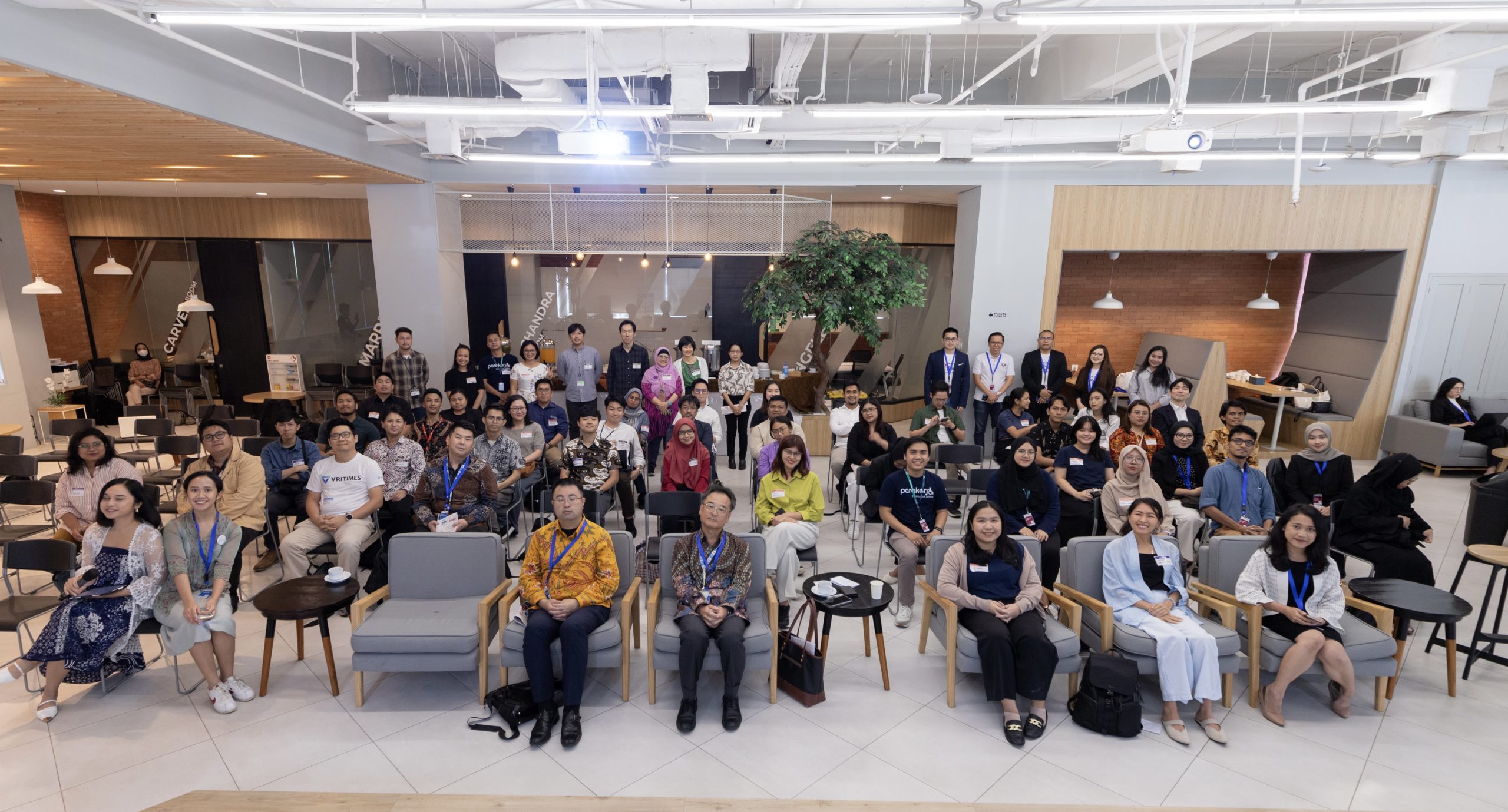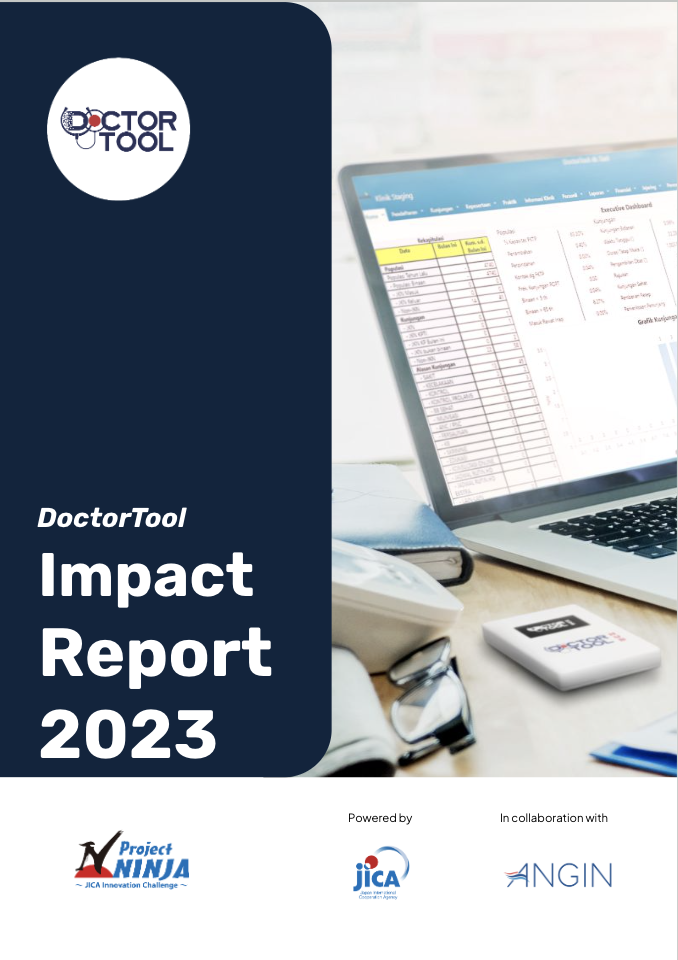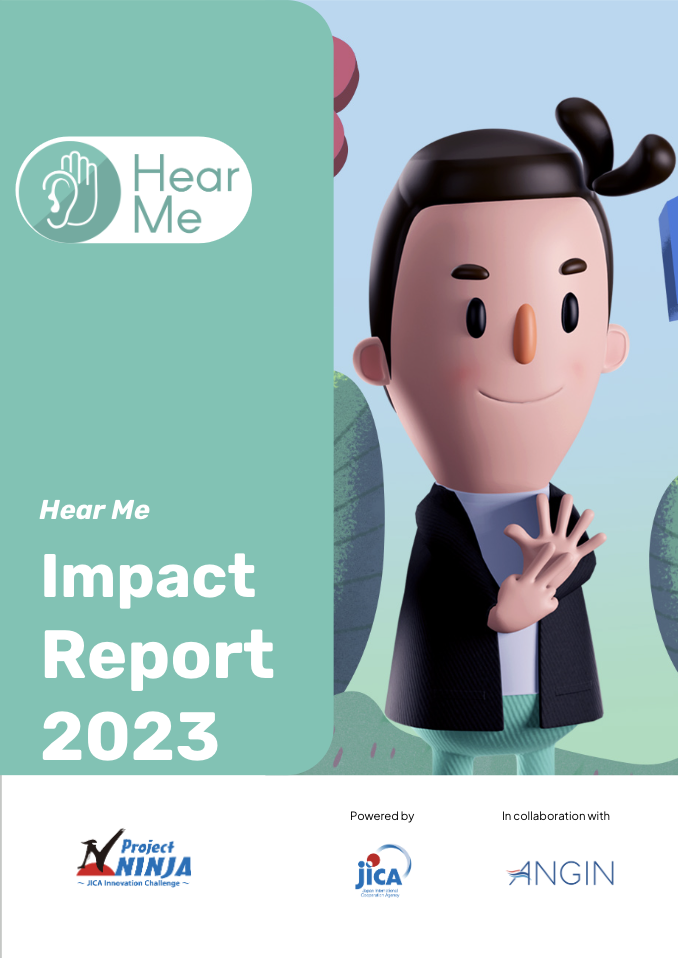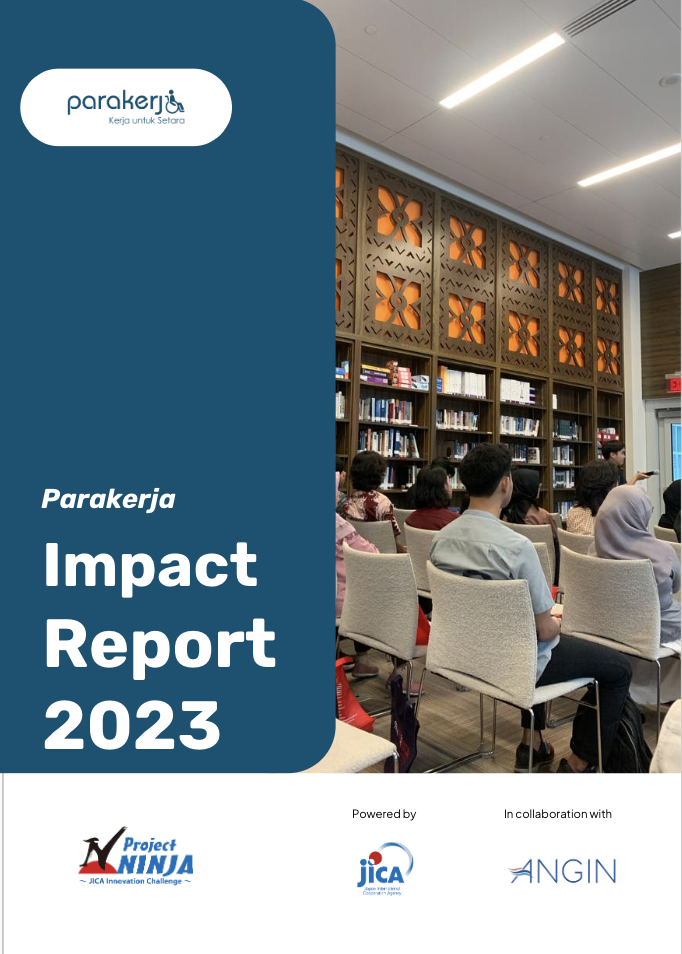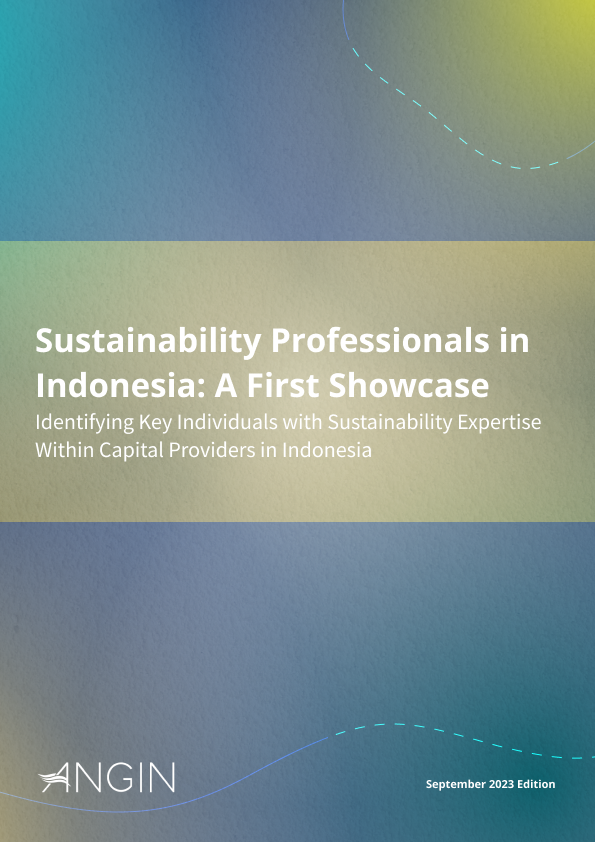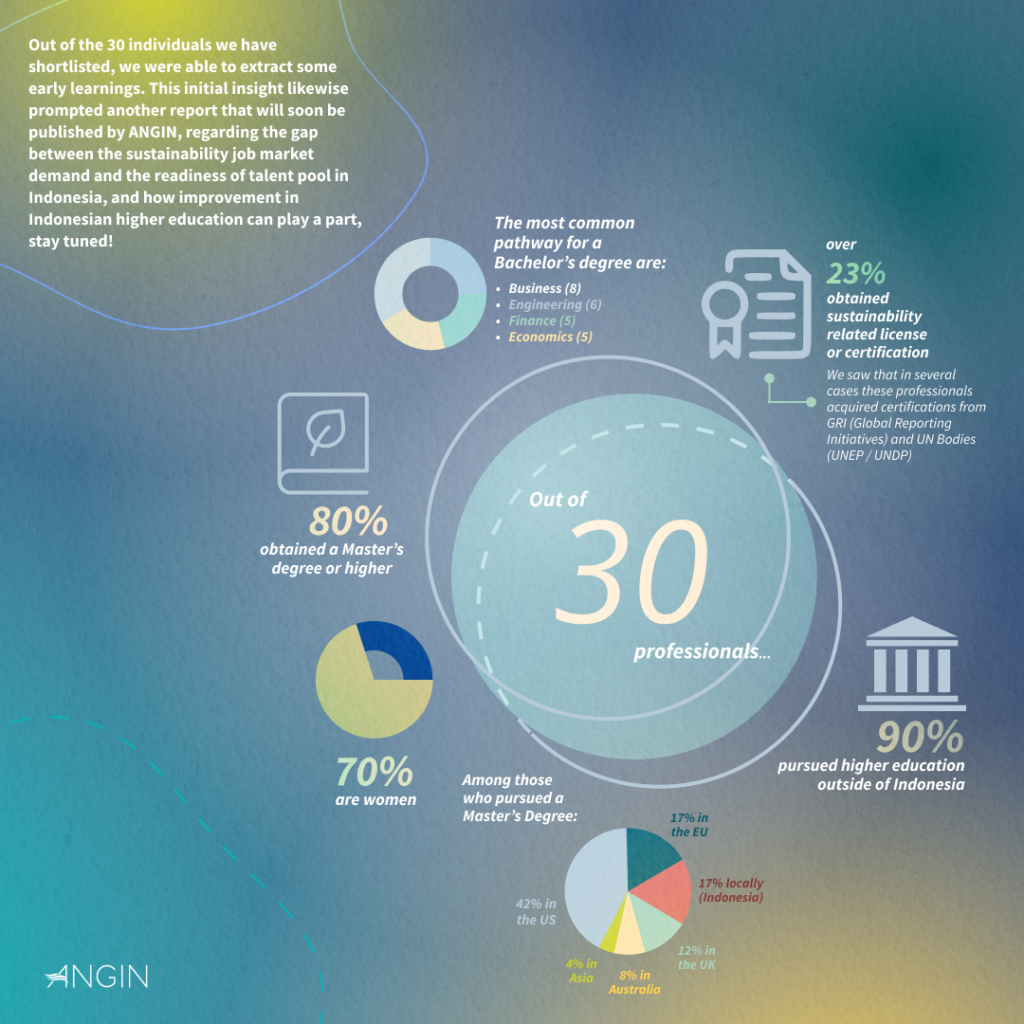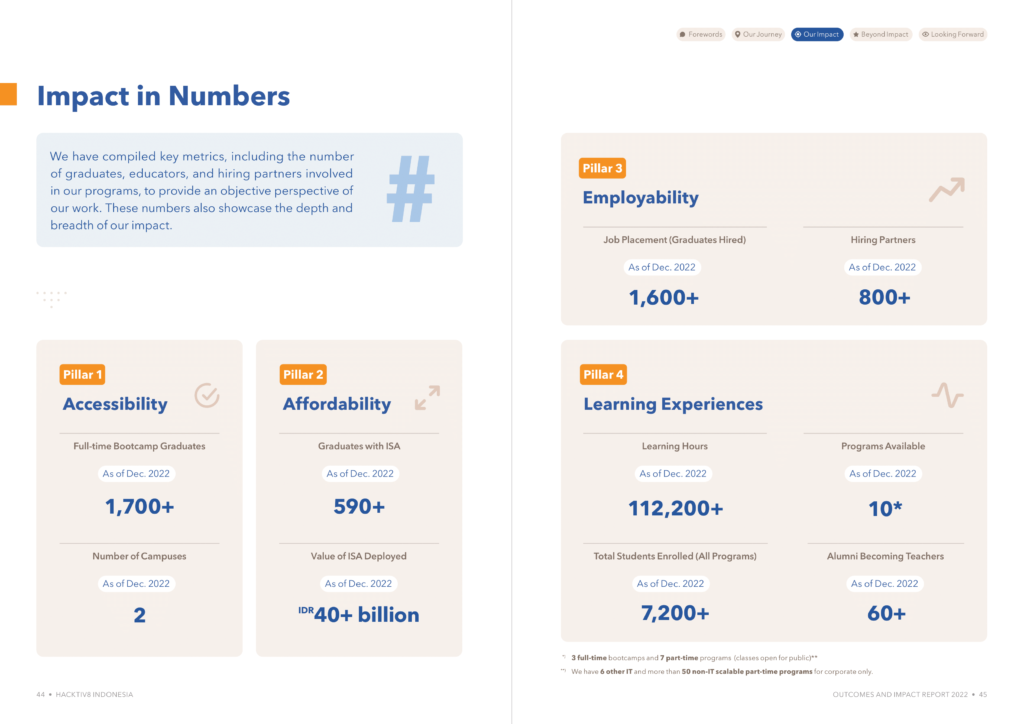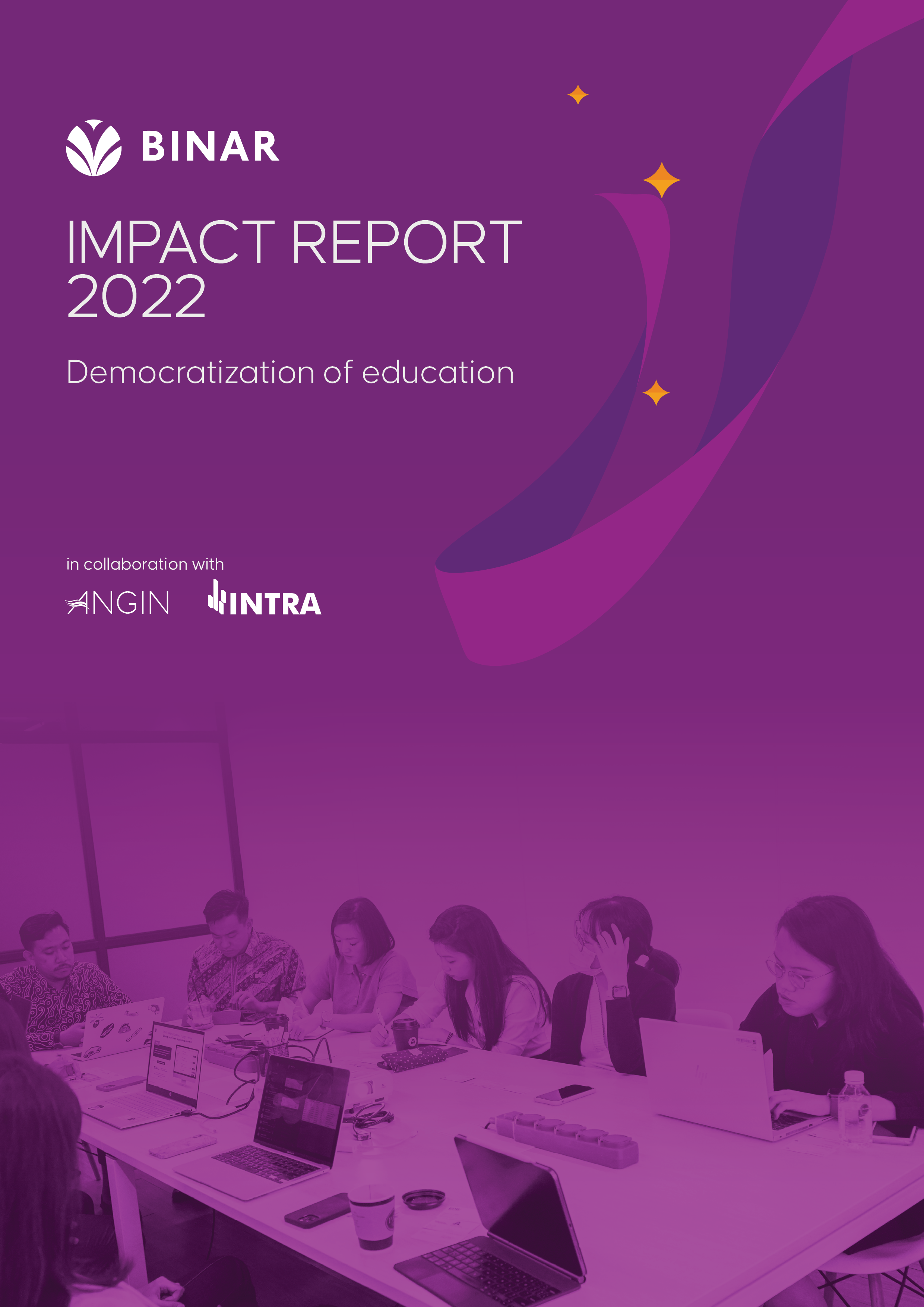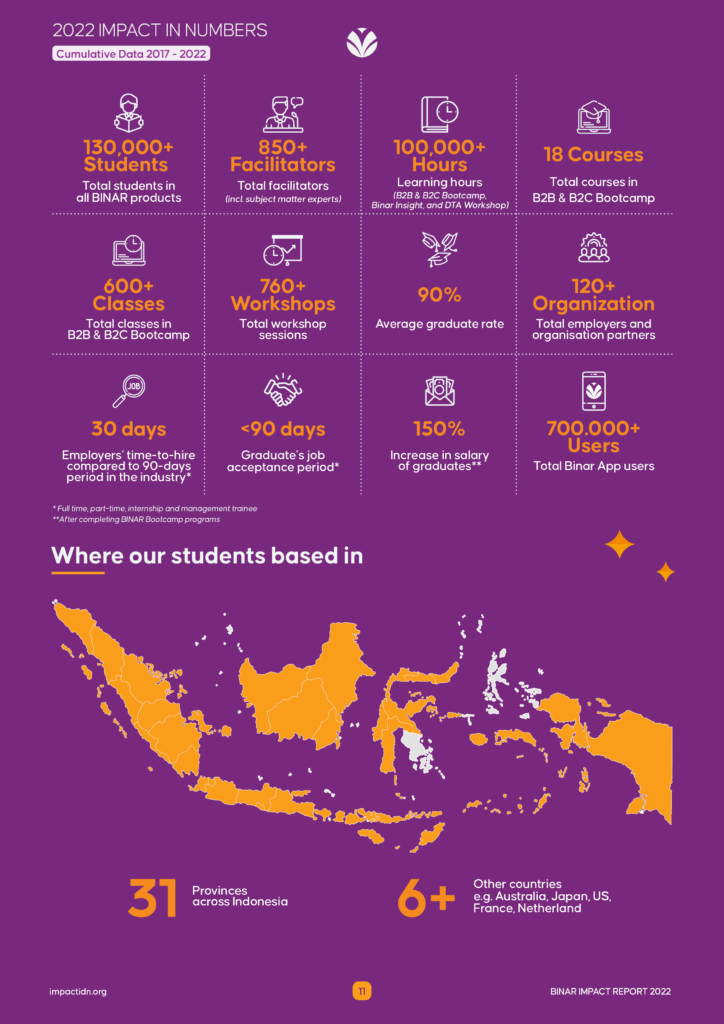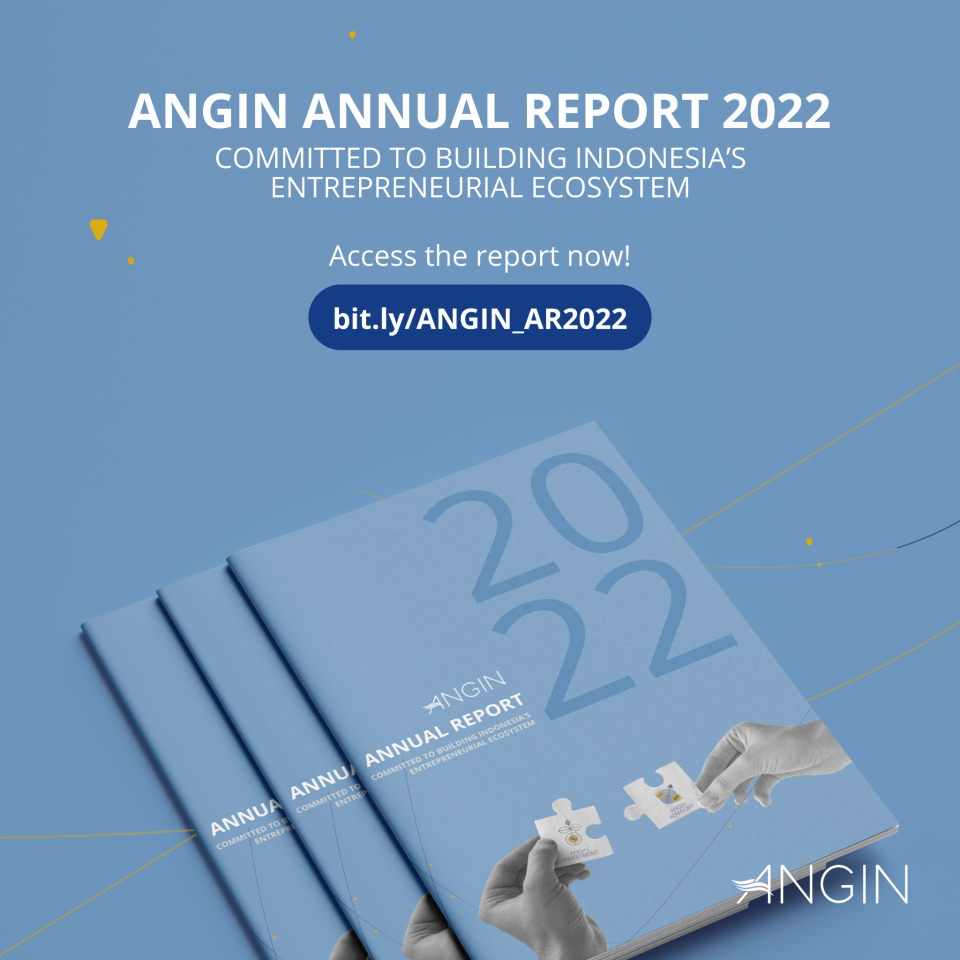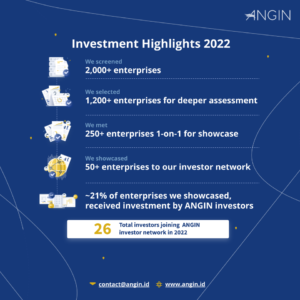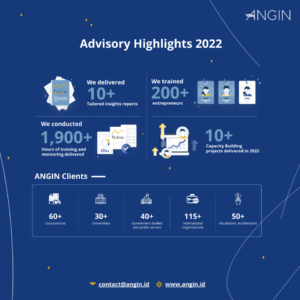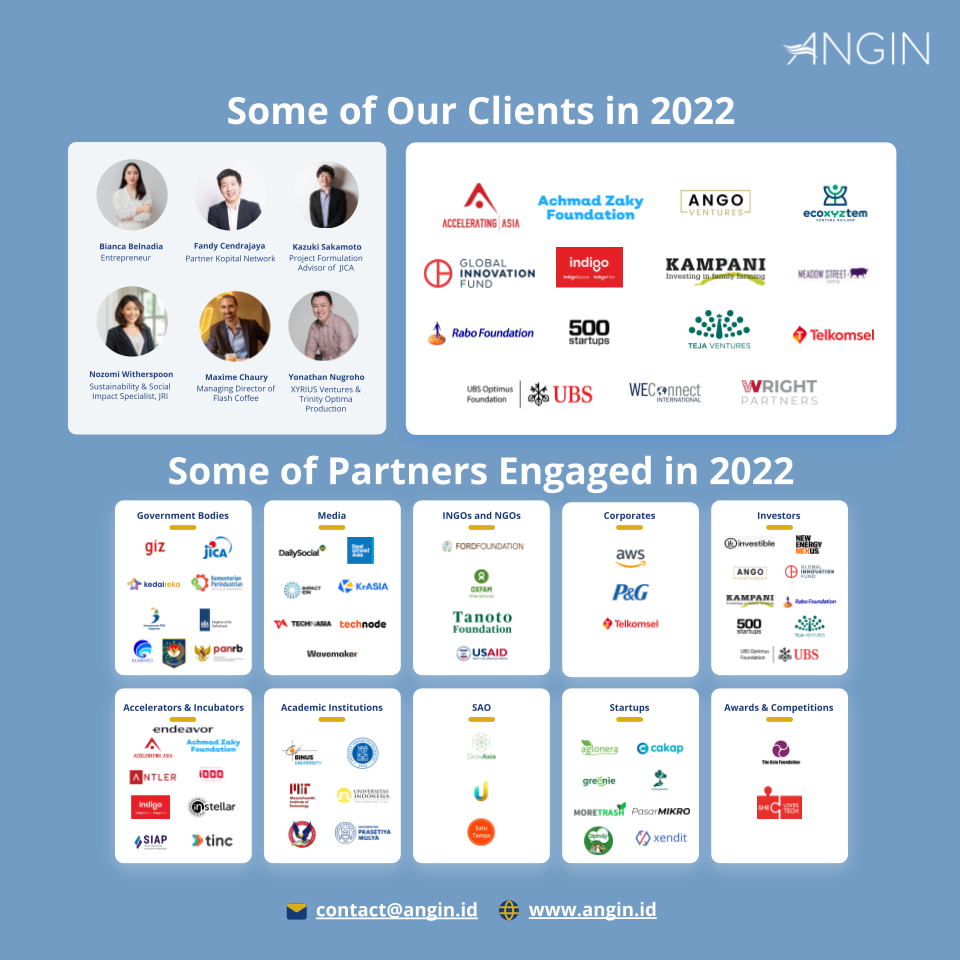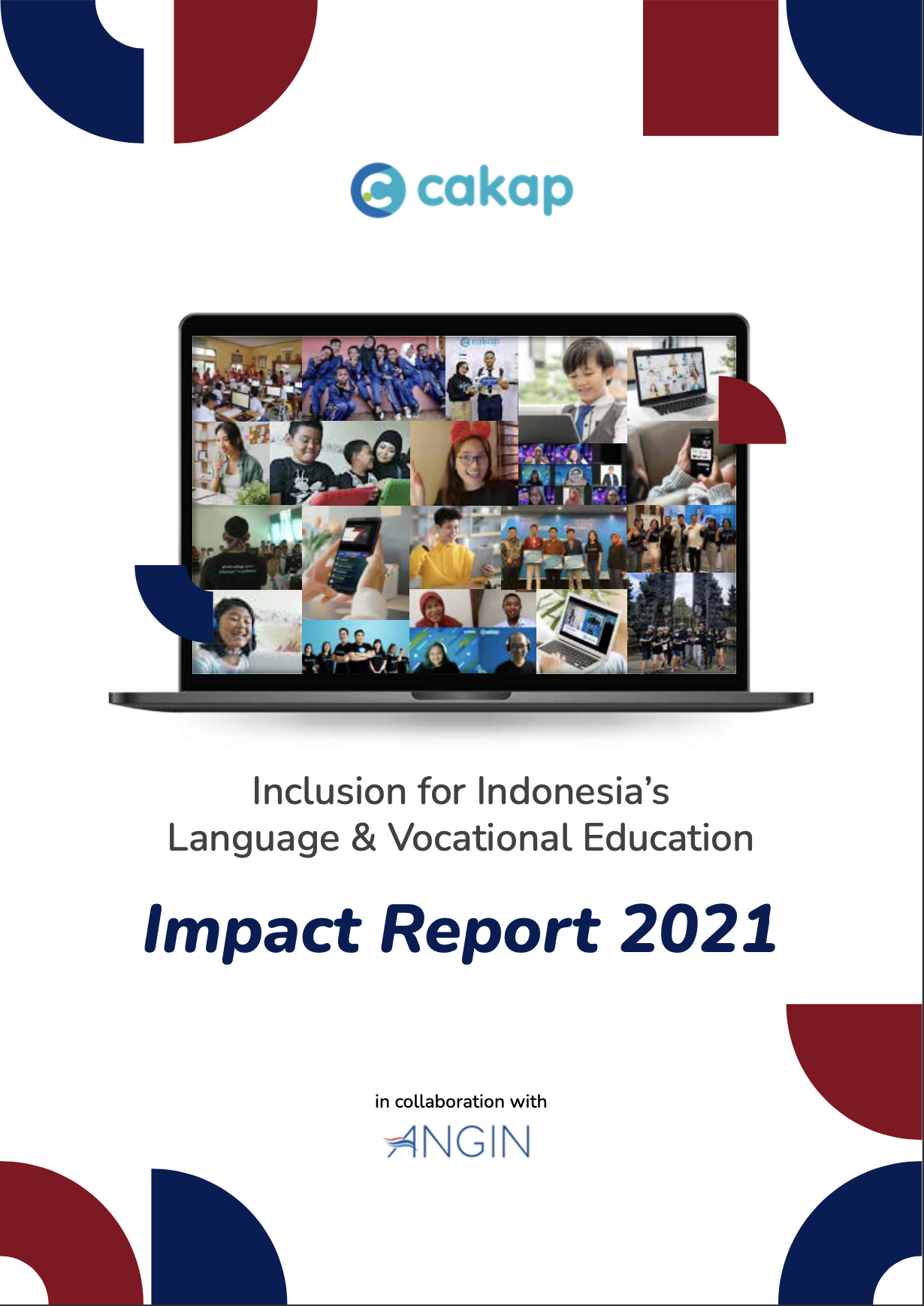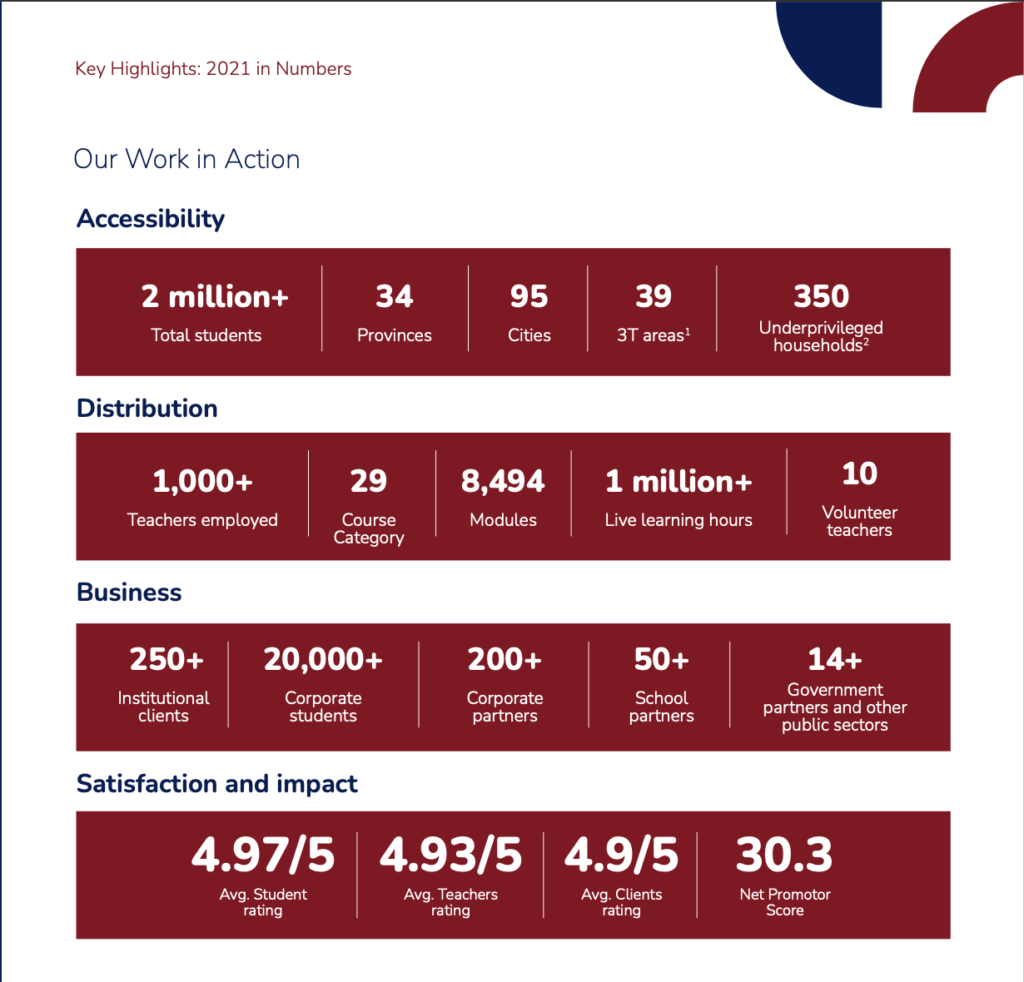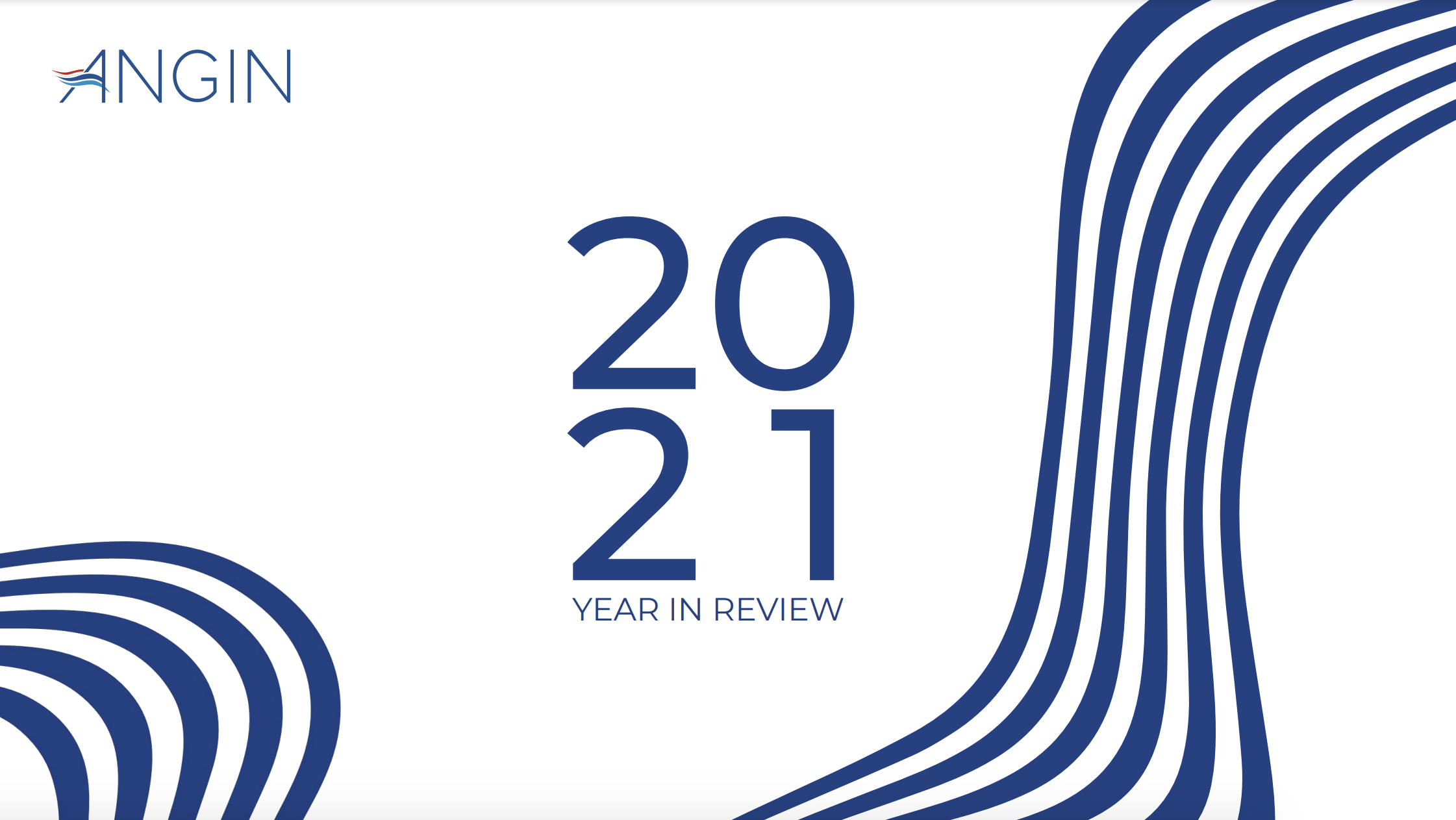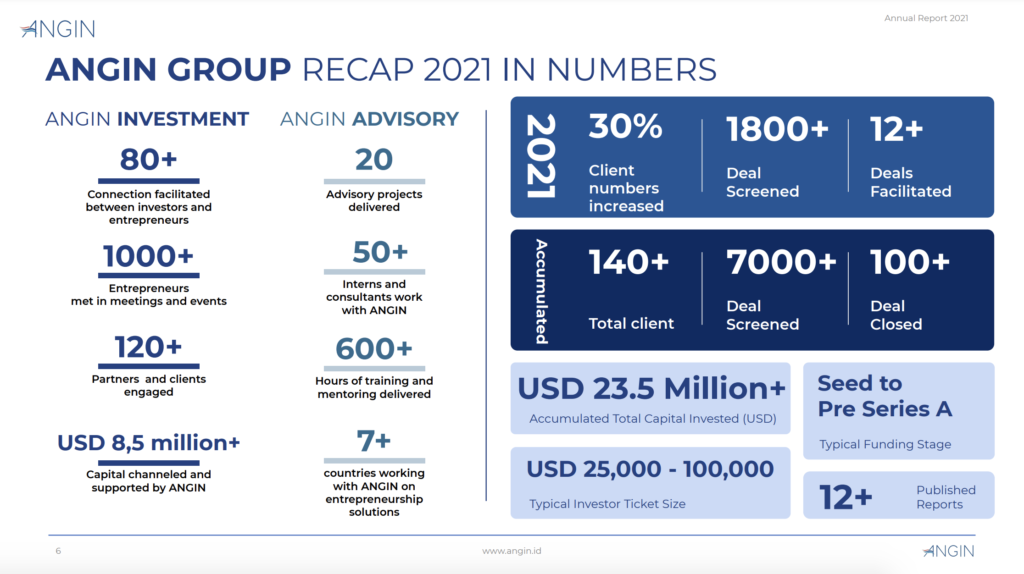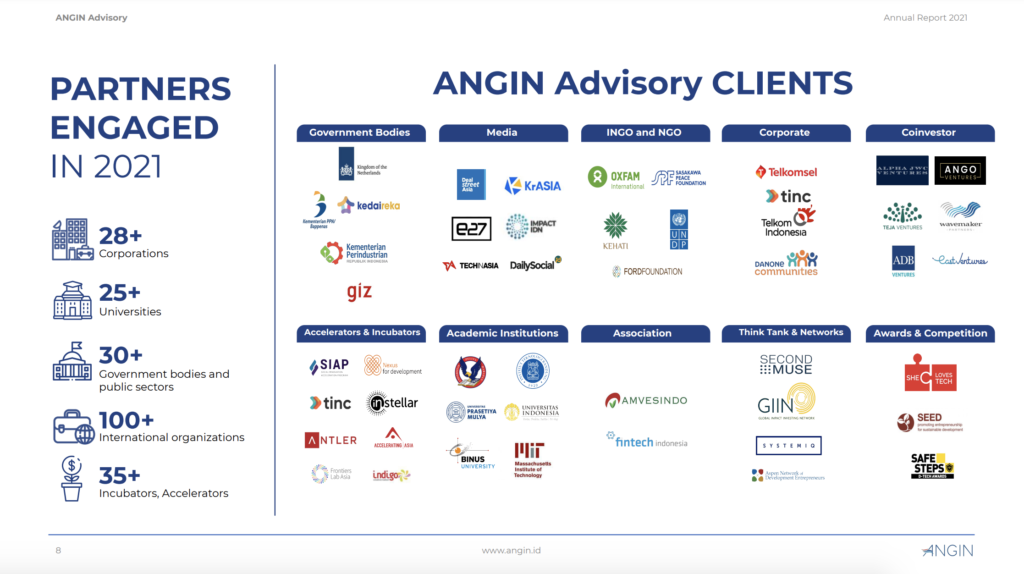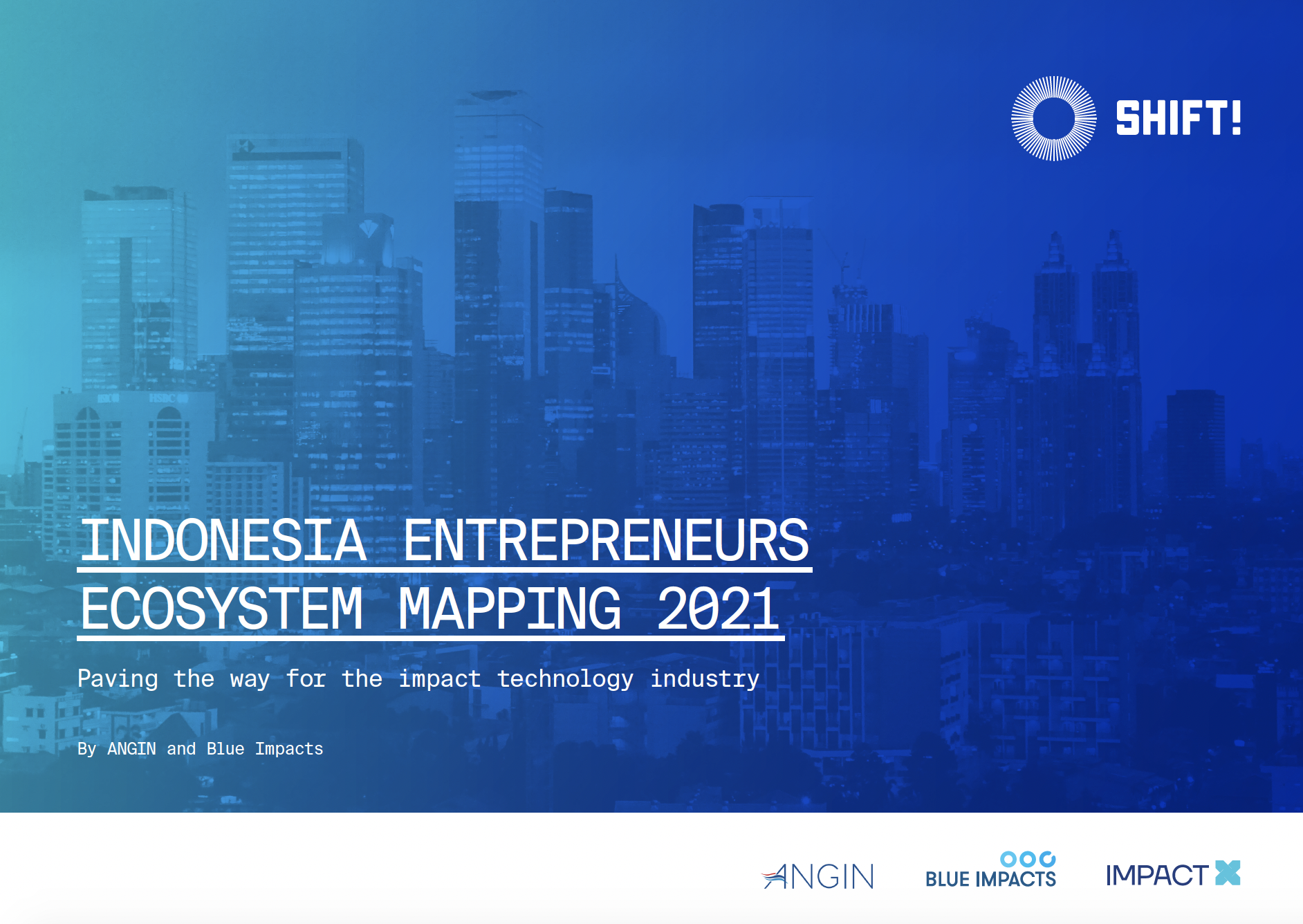We are thrilled to share some exciting news with you! Together with United Nations ESCAP supported by Bill & Melinda Gates Foundation, ANGIN is an implementer for the upcoming Impact Harvest Forum, scheduled to take place on the 23rd and 24th of May in Bangkok, Thailand at the United Nations Conference Centre. This prestigious event aims to address the critical role of the private sector in achieving the commitments of the 2030 Agenda for Sustainable Development.
The Impact Harvest Forum will focus on inclusive businesses, recognizing their potential to drive both commercial viability and social impact, particularly for those at the base of the economic pyramid. With an expected attendance of 150 participants, including business leaders, impact investors, government agencies, financial institutions, development partners, and inclusive business facilitators, this forum presents a unique opportunity to identify investment opportunities and financing mechanisms to support the growth and impact of inclusive businesses in the region.
We're Not Just Attending!
We’re leading in facilitating impactful connections and knowledge-sharing sessions at the forum. Here’s what you can expect from ANGIN’s Participation:
Matchmaking Sessions: Impactful global startups meet one-on-one with curated investors, providing a platform for game-changing collaborations.
Masterclass on Investment Readiness Accelerator for Businesses: Led by none other than David Soukhasing, ANGIN’s Managing Director, and Atika Benedikta, ANGIN’s Investment Director, this masterclass will equip businesses with the tools and insights they need to accelerate their investment readiness and scale their impact.
The forum has two tracks : Nurturing the Environment and Cultivating Change

You can pick which topics interest you the most and join the sessions accordingly!
All the Sessions Happening!
DAY 1 - Thursday, 23 May 2024

DAY 2 - Friday, 24 May 2024

How to Join?
Contact us to let us know of your interest. This is an exclusive event and is BY INVITATION ONLY.
Recognition

About United Nations ESCAP
The Economic and Social Commission for Asia and the Pacific (ESCAP) is the most inclusive intergovernmental platform in the Asia-Pacific region. The Commission promotes cooperation among its 53 member States and 9 associate members in pursuit of solutions to sustainable development challenges. ESCAP is one of the five regional commissions of the United Nations.
The ESCAP secretariat supports inclusive, resilient and sustainable development in the region by generating action-oriented knowledge, and by providing technical assistance and capacity-building services in support of national development objectives, regional agreements and the implementation of the 2030 Agenda for Sustainable Development. ESCAP also provides support to partners at the national level. ESCAP’s national offer is rooted in and linked with the implementation of global and regional intergovernmental frameworks, agreements, and other instruments.
Previous Reports by ANGIN

66 People and Organizations Moving Social Entrepreneurship and Impact Investment in Indonesia (2nd Edition)
This report is the follow up of 2018 ecosystem mapping report ANGIN released in 2019.









52 Figures and Organizations Moving Social Entrepreneurship and Impact Investment in Indonesia (1st Edition)
This report is the first edition of ANGIN ecosystem mapping report released in 2018.
